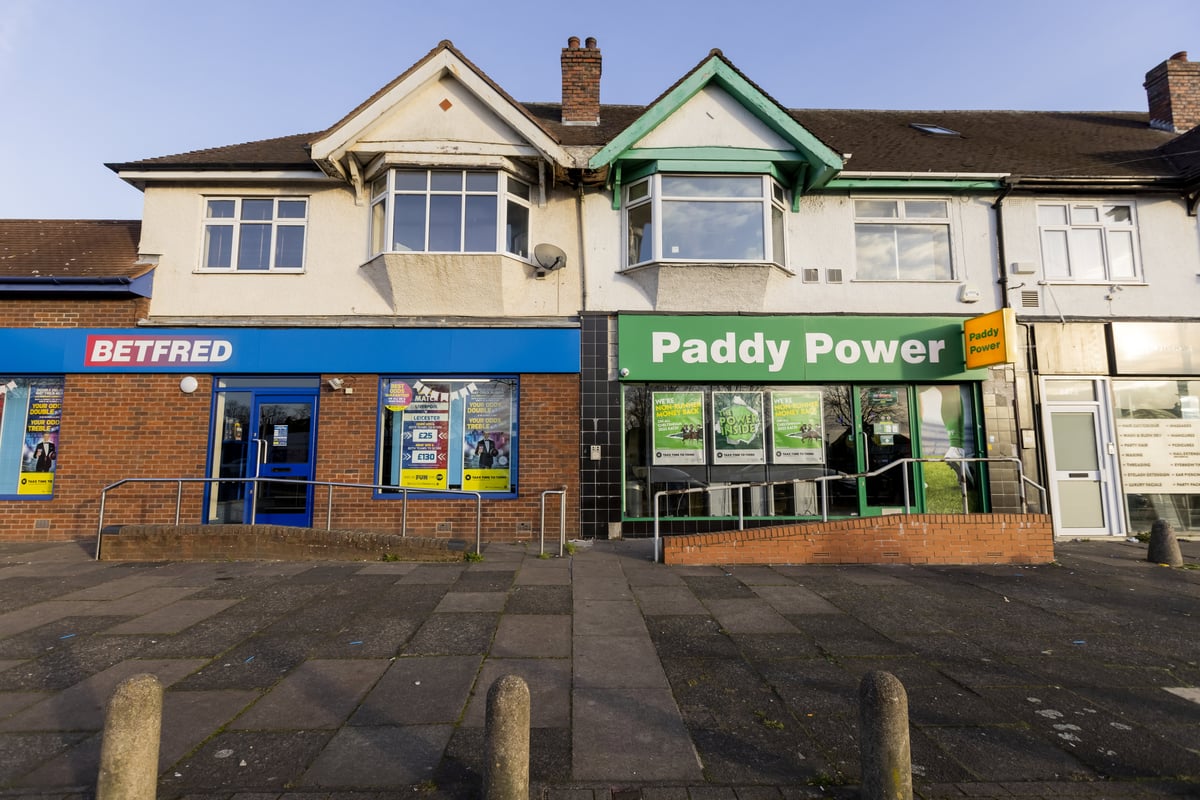A betting shop is a retail establishment that enables bettors to place wagers on different types of sporting events. In most cases, these shops are a part of larger sportsbook chains such as William Hill, Ladbrokes, or Coral. betnearme.co.uk are a unique form of land-based gambling that have long been popular in the UK, Ireland, and Australia.
What Are Betting Shops?
A betting shop essentially is an independent retail venue that allows bettors to place wagers on different sports and other activities. Most of these are operated by licensed bookmakers and offer fixed odds. It is important to remember, however, that betting shops are still subject to strict rules, and it is illegal for them to advertise any lines or odds outside of their store.
What Was the History of Betting Shops?
While betting was previously a taboo activity, the advent of legalised betting shops in the UK changed that. In 1961, the first legal betting shops were introduced to the market and they soon became hugely popular. This was a major shift in the betting industry, and it also had a huge impact on how customers enjoyed the betting experience.
The first shops were primarily small businesses, and they offered a service environment that was far removed from the glitzy casinos of today. They offered a spartan environment, limited information on horse and greyhound racing, and basic betting facilities.
They were often integrated into regular city blocks, and they did not appeal to minors. This was done to prevent them from encouraging problematic gambling.
How They Came To Be
The rise of betting shops was a result of new government legislation in the 1960s that aimed to increase social acceptability for gambling and to modernise the industry. It was also a response to the increasing popularity of betting as a recreational pastime.
During this period, leading betting shop companies such as Ladbrokes and William Hill made an enormous impact on the betting industry. They managed to grow their presence by targeting working class consumers, who were a key audience for the sport.
A significant advantage of brick and mortar bookmakers is their high vig, or ‘juice.’ The average vig in brick and mortar books is around 18%, which is significantly higher than the 8% average vig at online sportsbooks.
How They’re Preparing to Make an Imprint on American Sports Bettors
As the US sports betting industry continues to evolve, betting shops are poised to make a major impact. While they currently aren’t as popular as US online sportsbooks, they’re set to become an important player in the American sports betting world thanks to their ability to process huge volumes of bets in a short period of time.
They’re also equipped with high-tech security systems, such as CCTV, which can protect a betting shop from theft and fraud. They’re also highly regulated, with their operations being closely monitored and audited to ensure that they’re operating safely and responsibly.
